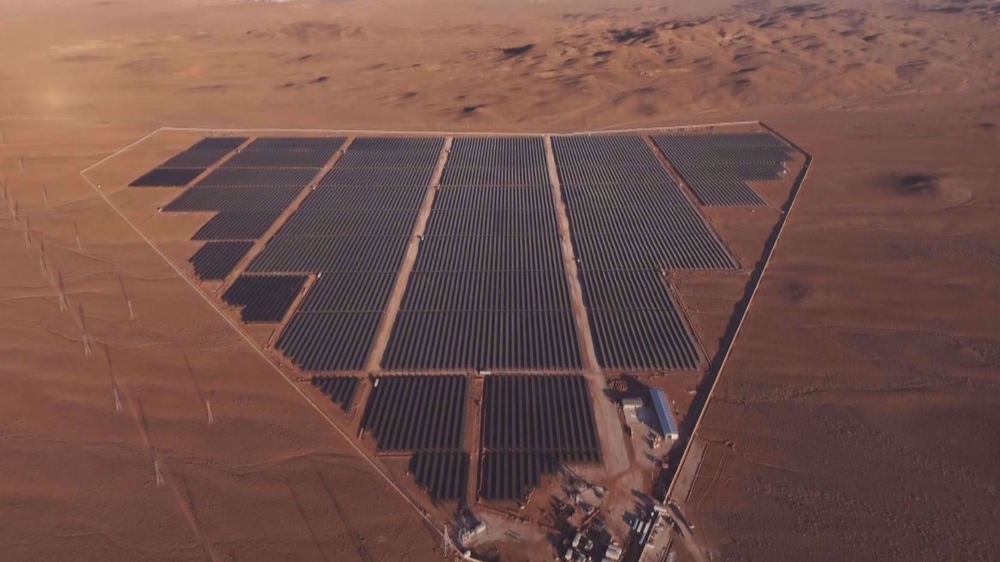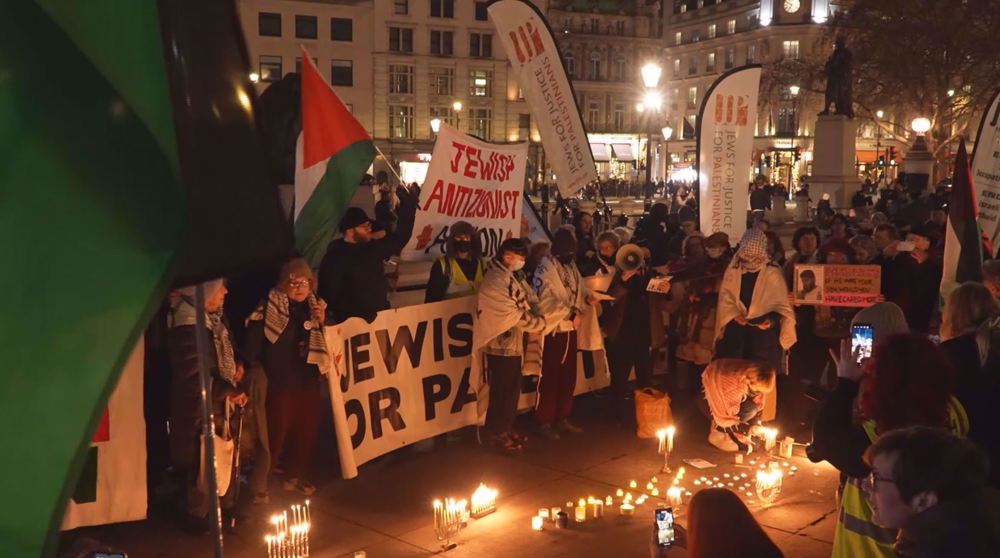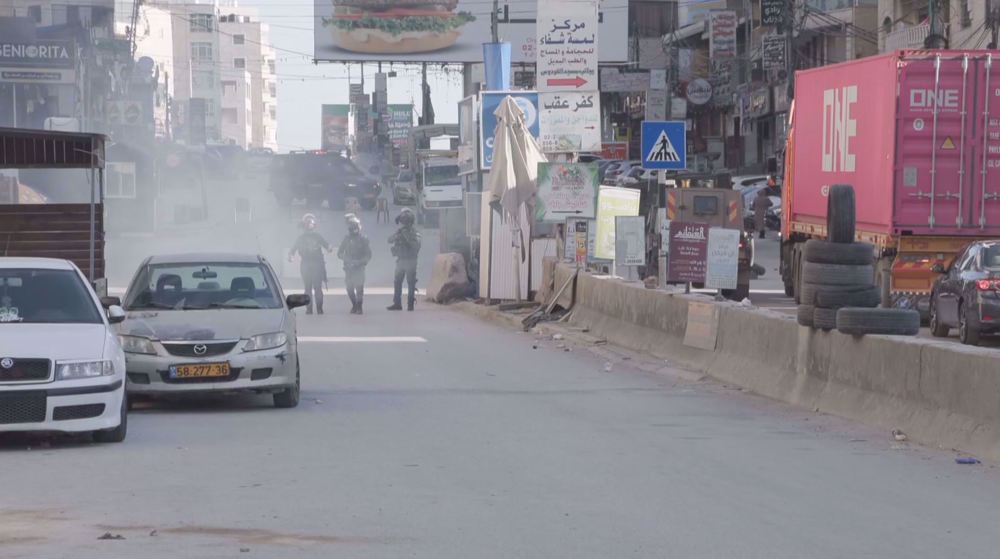What triggered Khuzestan protests? Press TV investigates
Yusef Jalali
Press TV, Khuzestan
The sun sets on piles of dead fish in what was once a sea-like marshland, and now is not more than a pond. This is how the most severe water crisis in half a century has treated species in Hour al-Azim wetland in Iran's Province of Khuzestan.
But this is not where it ends. To local fishermen, it means bankruptcy. Twelve-year-old Mohammad was lucky to catch one dying fish. He says he and his father used to catch an average of 200 fish, which they would sell on local market.
Fishermen are now racing against time to net the dying fish here. They say this place used to be a source of income for them, but now, it has turned into a graveyard for the fish.
The sad story of lost businesses is the same when it comes to animal farming in Khuzestan. On our way to Hour al-Azim, we came across Naser from a nearby village. Naser lives on herding these 120 strong sheep cattle. This number, used to be 140 a few days ago, but 20 sheep died of thirst due to lack of water and sizzling summer temperatures.
Experts blame the water crisis on mismanagement of water pent up behind major dams in the province, coupled with long storage periods that have salinated the water. Other factor is the untimely transfer of part of the water to other provinces amid this year's drought.
Now, all this loss has exploded into a wave of angry protests by thousands of residents in Khuzestan who are suffering the cost of the unprecedented drought in decades.
These heart-wrenching images are just the tip of the iceberg. Experts say aside from wreaking havoc on biodiversity, water crisis could endanger food security for people, not only in the affected areas, but beyond. As they say, their farmlands and livestock are the beating heart of the food industry in the area.
14 countries condemn Israel's West Bank settlement plan
VIDEO | UK pro-Palestine hunger strikers
VIDEO | US $1tn military war budget
VIDEO | Yemen warning sides reach major prisoner exchange deal
UN experts condemn US blockade of Venezuela
Iran stocks extend rally as TSE index surpasses 4 million points
Rights group reports worsening humanitarian conditions in Israeli prisons
EU slams US over visa ban on officials regulating 'online censorship rules'









 This makes it easy to access the Press TV website
This makes it easy to access the Press TV website